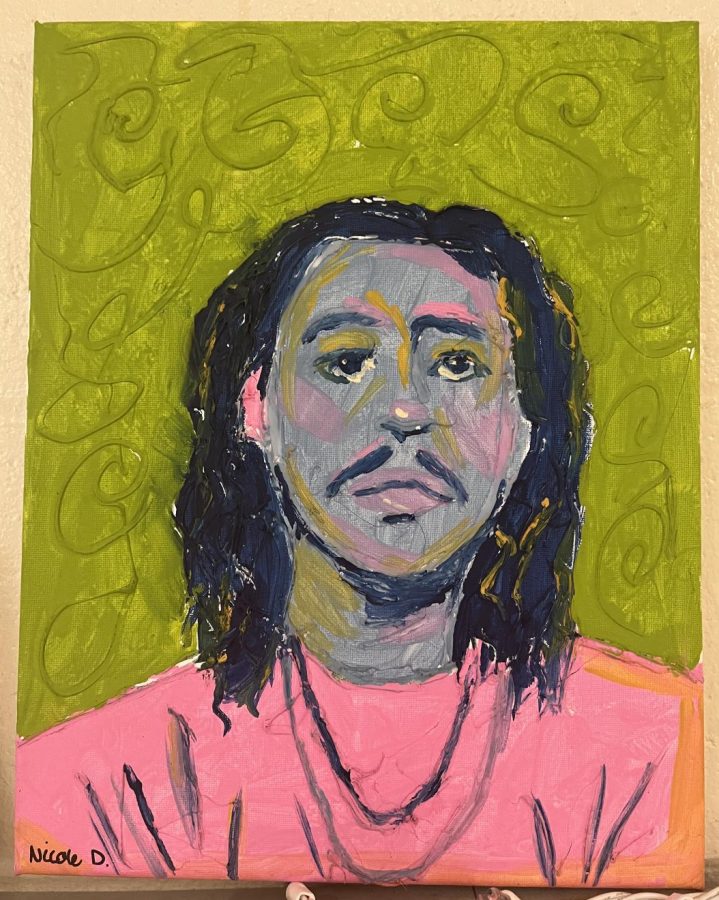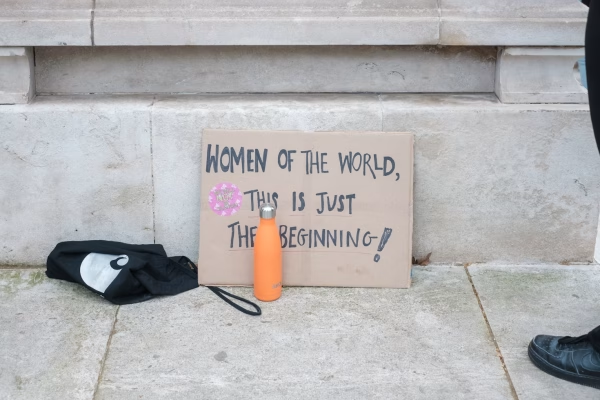Exceptions to Freedom of Speech?
The “texting suicide case” has brought to light a plethora of questions and controversy. Conrad Roy, an 18-year old boy, tragically committed suicide on July 13, 2014 after his girlfriend, Michelle Carter, encouraged him to through text message and then proceeded to tell him to “get back in” his truck when he was having second thoughts. Carter was sentenced August 3, 2017 to 15 months in prison, and one of the arguments her lawyer used is that she was exercising her freedom of speech. Is it justifiable that she got such a short amount of time for manslaughter? Does this mean that hate speech, terroristic threats, and slander are also permissible?

Hate speech is degrading an individual or group of people based on things that are out of their control, such as religion, disability, or race. Hate speech happens every day, but justice for the victim is slightly less common. The Westboro Baptist Church, the Ku Klux Klan, and Neo-Nazis are all examples of groups that use hurtful and offensive hate speech to make people feel bad enough to agree with their point of view. However, in 2015, the Supreme Court reaffirmed that hate speech is not exempt from freedom of speech. Justice Samuel Alito stated, “speech that demeans…is hateful, but the proudest boast of our free speech jurisprudence is that we protect the freedom to express ‘the thought that we hate.’”
A terroristic threat is when a person claims they are going to commit a violent crime, such as arson or bombing. Despite the first amendment, making a terroristic threat is still a crime in every state. Terroristic threats are an exception to this freedom because the government is “protecting individuals from the fear of violence, from the disruption that fear engenders, and from the possibility that the threatened violence will occur” (Virginia v. Black).

Slander happens everywhere, whether it be in a school building or in an office setting. The accuracy of his/her statement determines whether one gets in a predicament. If the statement is proven to be true, nothing can be done, because this is covered under the first amendment. On the other hand, if this is proven to be false and causes defamation of a person’s character and reputation, one can be required to pay a fine; however, being arrested for slander is not permitted in the United States.
While freedom of speech is a remarkable right given to all citizens, there are limits, and these limits are determined by whether or not they cause harm to other residents of the United States.























